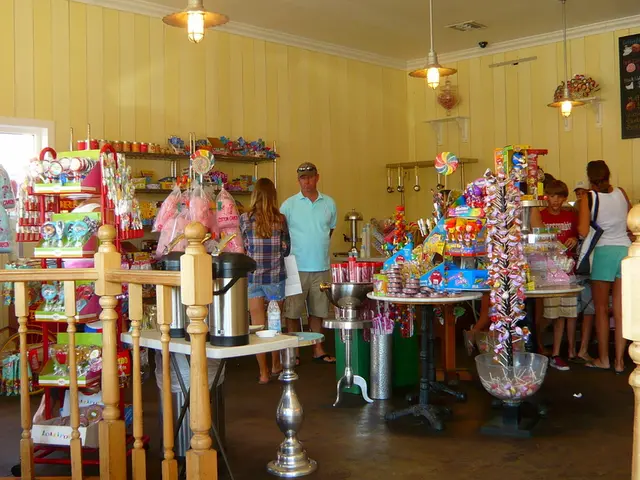Controversy surfaces over potential sale of Dutch embassy property
In a move that has sparked controversy, the Dutch Association in Thailand has petitioned the Dutch Ministry of Foreign Affairs to halt the proposed sale of the Netherlands embassy compound in Bangkok. The compound, located at 206 Wireless Road, is more than just a diplomatic post; it is a symbol of the deep and enduring relationship between the Netherlands and Thailand.
The petition, which gathered over 1,000 signatures, was delivered on July 30 to Remco van Wijngaarden, the Ambassador of the Netherlands to Thailand, in the presence of dozens of concerned Dutch, Thai, and expatriate community members. Ambassador van Wijngaarden accepted the petition and stated, "I am very happy to listen to you today. It is a fundamental right in every democracy to approach the authorities with your wishes."
The opposition to selling the site is strong and is primarily due to concerns about the property's long-term strategic value and its cultural and historical significance. The embassy compound is located in a valuable real estate area in Bangkok, with land values increasing 5-8% annually. The compound holds long-standing ties to the Thai Royal Family and includes a heritage villa recognised by the Association of Siamese Architects under the Royal Patronage of the Kingdom of Thailand.
The heritage villa within the compound is not mentioned in this paragraph.
The decision on the compound's future must reflect its significant symbolic value. The Dutch Association is urging the Dutch government to conduct a long-term economic assessment before making a decision on the sale. They are also considering alternative financing options, such as leveraging the land as collateral, to secure the future of the compound.
The UK Foreign Office's sale of its historic compound on Wireless Road was widely criticized and later regretted. The association is concerned about repeating the mistake made by the UK Foreign Office. Mr. Pentermann, a spokesperson for the Dutch Association, stated that selling the property now would have serious long-term consequences.
[1] The Dutch Association is urging the Dutch government to conduct a transparent economic assessment and consider alternative financing options before making any decisions.
[2] The opposition to selling the embassy compound in Bangkok is not only due to its cultural and historical significance but also its potential financial potential in the real-estate industry.
[3] The Dutch Association believes that the general-news of the UK Foreign Office's regretted decision to sell their historic compound serves as a reminder of the long-term consequences of such a move in politics and finance.




